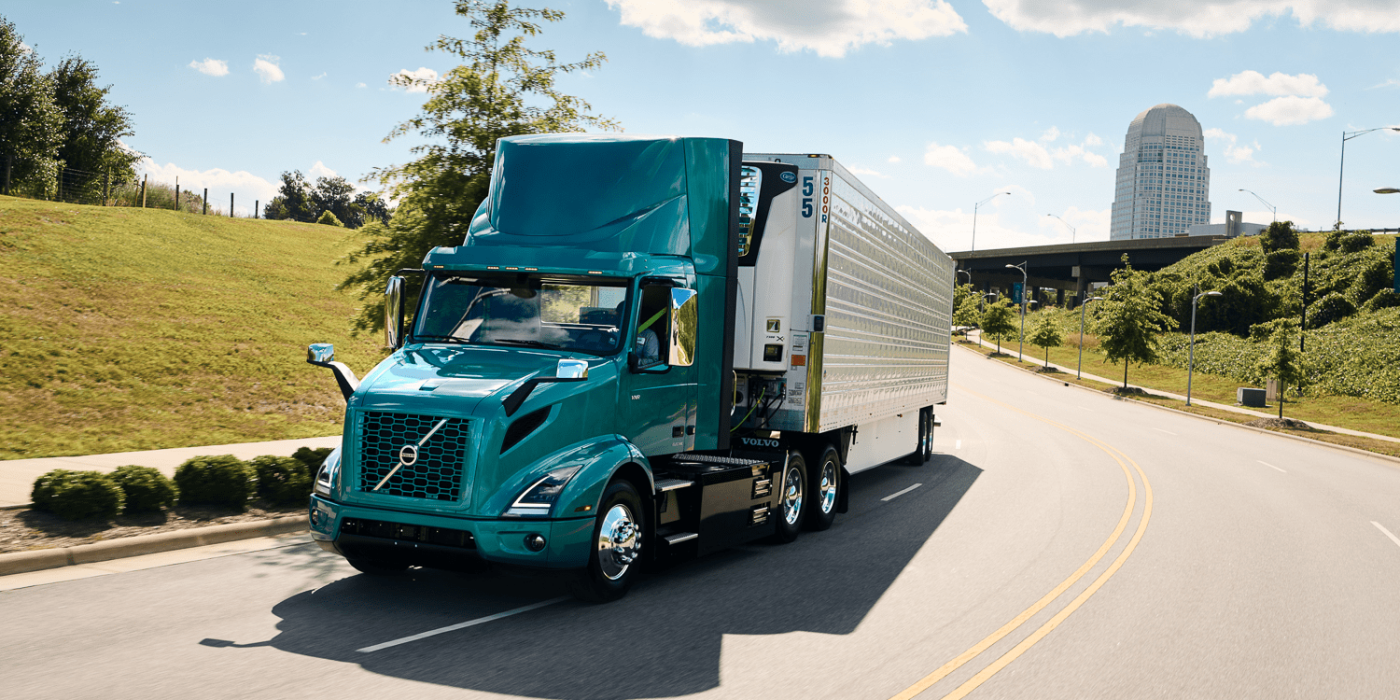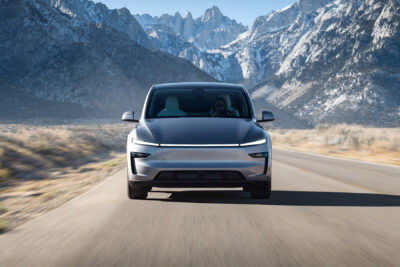Uber Freight launches electric trucks with WattEV and CHEP
Uber Freight, the ride-hailing app’s platform for shippers and carriers, wants to introduce electric trucks for the first time. They have announced a strategic cooperation with WattEV and CHEP to deploy electric trucks on select routes in Southern California.
WattEV is a trucking-as-a-service company and will offer electric trucks to logistics company CHEP as part of the pilot. This is Uber Freight’s first EV deployment; however, the company serves as an enabler at best, as is the case with similar offers in the usual Uber services.
Still, the company says the pilot would combine Uber Freight’s “expansive network of digitally-enabled carriers with WattEV’s innovative electric fleet and charging infrastructure network. CHEP will be the first shipper to participate in the pilot, prioritizing electric capacity on the Southern California route,” reads the statement.
Via the Uber Freight platform, CHEP can book, schedule, and complete loads, track status and load KPIs, and manage paperwork. WattEV will also open its burgeoning charging network for electric trucks.
“Combining our transport business and our Truck-as-a-Service model, we are able to use Uber Freight’s digital platform to serve the shippers and their customers with our zero-emission truck routes and services,” said Salim Youssefzadeh, CEO of WattEV.
Marisa Sánchez Urrea, Director of Global Supply Chain Decarbonisation at Brambles, CHEP’s parent company, added, “This first electric truck pilot in the US is a step in the right direction as we move towards a net positive impact”.
The companies make no mention of the number or type of trucks being made available through the project. WattEV last year reportedly had turned to Volvo Trucks North America to provide 50 VNR Electric heavy-duty trucks in California as part of the TaaS model.
The company had also started building an electric truck charging stop in May 2021 in California’s San Joaquin Valley, positioned near logistics fulfilment centres run by Amazon and Walmart. The mega-watt charging site features a solar micro-grid with battery storage, plus grid energy from PG&E.





0 Comments